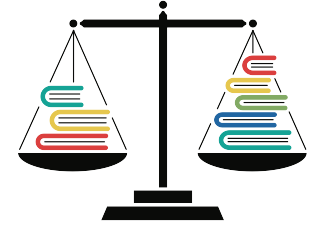
Wyatt Smith grew up in a small town in west Alabama, surrounded by a community of carpenters, builders and plumbers who were building not just houses, but better lives for themselves and their families.
However, the nation’s skilled trades workforce has been decreasing for decades. As a student studying human and organizational development and political science, he thought of those he grew up with and how work empowers people to lead meaningful lives. As a Keegan Traveling Fellow, he visited 31 countries to study the ways people learned skills to build better lives. As a Teach for America educator, he began to think through how technology can help qualify people to find dignified, lucrative work in the skilled trades.
Now, as founder and CEO of UpSmith, Smith uses technology to help builders and technicians be more productive and master new skills to stay in the workforce longer.
“We use technology to help skilled trades businesses win,” he explains. “Software can enable companies to find more leads and convert every precious lead to revenue by improving workforce productivity. One way to do that is by using principles of gamification and behavioral psychology—things that I learned at Peabody—to lay the groundwork for reinforcing best practices. It’s what I used as a teacher in the classroom, and now we’re building a product around it as a business.”
“We use technology to help skilled trades businesses win. One way to do that is by using principles of gamification and behavioral psychology—things that I learned at Peabody—to lay the groundwork for reinforcing best practices.”
For example, a technician is dispatched to someone’s house for preventive maintenance on their HVAC system. UpSmith’s technology reviews the customer records created on the visit, then text messages workers every time they offer findings to homeowners to improve customer experiences. His or her manager and peers see the affirmation, too, further reinforcing positive behavior. “It’s around giving people rewards for doing things that create value,” he says.
Smith’s Dallas-based startup is only three years old, but in February 2024, it announced $5 million in seed capital to accelerate its platform for gamifying technician experiences. The technology gets integrated into an employer’s enterprise resource planning system so it can analyze job data in real time and generate worker rewards.
Smith and his team of software developers feel optimistic about artificial intelligence and the future of technology to better the work experience. “AI’s highest and best use is applied to addressing customer problems,” he says. “The thing we look for in hiring engineers is how they solve problems for customers: Do they have real customer intuition and empathy? Do they build in ways that create value for the end users? You start with understanding people’s aspirations, goals, and then you think about how people seek opportunity for themselves and can continuously learn, develop and refine skills throughout their life. That’s the culture we want to build in our company against a mission that’s bigger than any of us: helping solve a skilled workforce shortage and create opportunities for people to flourish.”
—Bonnie Arant Ertelt


